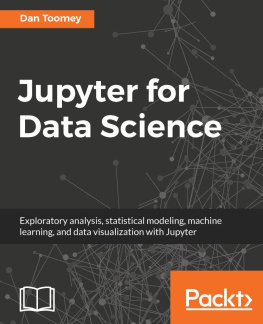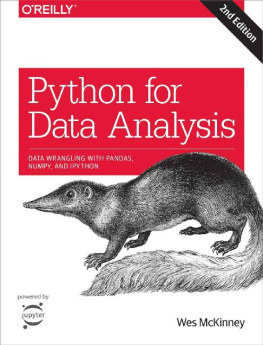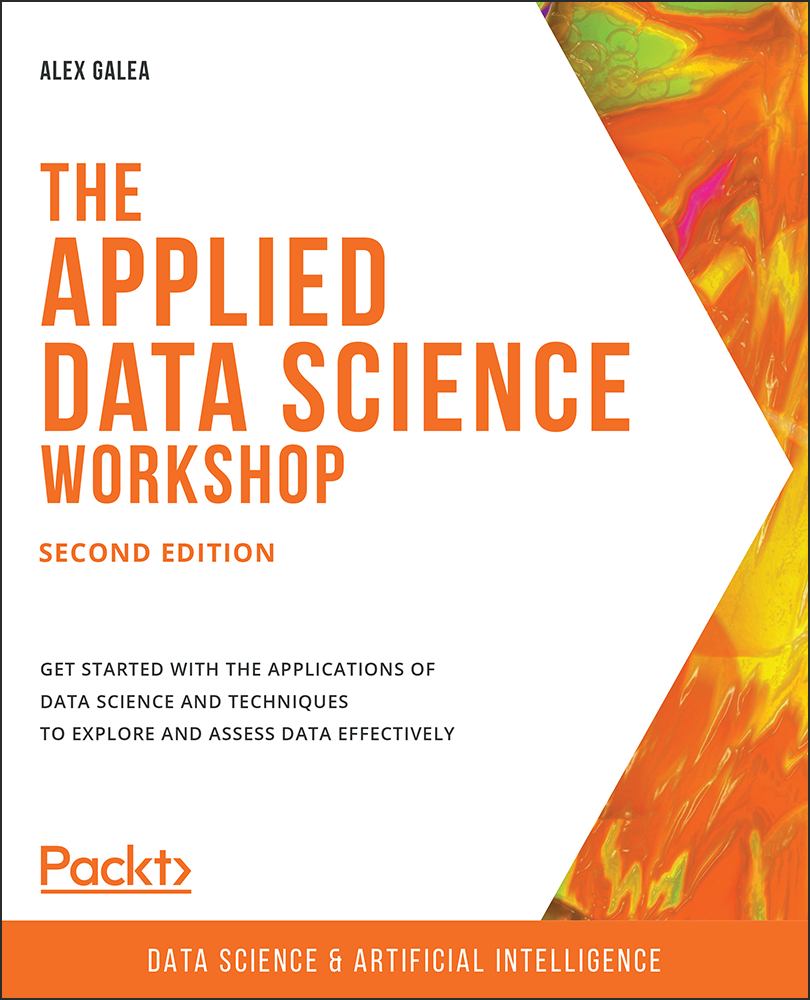Alex Galea - The Applied Data Science Workshop - Second Edition: Get started with the applications of data science and techniques to explore and assess data effectively
Here you can read online Alex Galea - The Applied Data Science Workshop - Second Edition: Get started with the applications of data science and techniques to explore and assess data effectively full text of the book (entire story) in english for free. Download pdf and epub, get meaning, cover and reviews about this ebook. year: 2020, publisher: Packt Publishing - ebooks Account, genre: Home and family. Description of the work, (preface) as well as reviews are available. Best literature library LitArk.com created for fans of good reading and offers a wide selection of genres:
Romance novel
Science fiction
Adventure
Detective
Science
History
Home and family
Prose
Art
Politics
Computer
Non-fiction
Religion
Business
Children
Humor
Choose a favorite category and find really read worthwhile books. Enjoy immersion in the world of imagination, feel the emotions of the characters or learn something new for yourself, make an fascinating discovery.

- Book:The Applied Data Science Workshop - Second Edition: Get started with the applications of data science and techniques to explore and assess data effectively
- Author:
- Publisher:Packt Publishing - ebooks Account
- Genre:
- Year:2020
- Rating:4 / 5
- Favourites:Add to favourites
- Your mark:
The Applied Data Science Workshop - Second Edition: Get started with the applications of data science and techniques to explore and assess data effectively: summary, description and annotation
We offer to read an annotation, description, summary or preface (depends on what the author of the book "The Applied Data Science Workshop - Second Edition: Get started with the applications of data science and techniques to explore and assess data effectively" wrote himself). If you haven't found the necessary information about the book — write in the comments, we will try to find it.
Designed with beginners in mind, this workshop helps you make the most of Python libraries and the Jupyter Notebooks functionality to understand how data science can be applied to solve real-world data problems.
Key Features- Gain useful insights into data science and machine learning
- Explore the different functionalities and features of a Jupyter Notebook
- Discover how Python libraries are used with Jupyter for data analysis
From banking and manufacturing through to education and entertainment, using data science for business has revolutionized almost every sector in the modern world. It has an important role to play in everything from app development to network security.
Taking an interactive approach to learning the fundamentals, this book is ideal for beginners. Youll learn all the best practices and techniques for applying data science in the context of real-world scenarios and examples.
Starting with an introduction to data science and machine learning, youll start by getting to grips with Jupyter functionality and features. Youll use Python libraries like sci-kit learn, pandas, Matplotlib, and Seaborn to perform data analysis and data preprocessing on real-world datasets from within your own Jupyter environment. Progressing through the chapters, youll train classification models using sci-kit learn, and assess model performance using advanced validation techniques. Towards the end, youll use Jupyter Notebooks to document your research, build stakeholder reports, and even analyze web performance data.
By the end of The Applied Data Science Workshop, youll be prepared to progress from being a beginner to taking your skills to the next level by confidently applying data science techniques and tools to real-world projects.
What you will learn- Understand the key opportunities and challenges in data science
- Use Jupyter for data science tasks such as data analysis and modeling
- Run exploratory data analysis within a Jupyter Notebook
- Visualize data with pairwise scatter plots and segmented distribution
- Assess model performance with advanced validation techniques
- Parse HTML responses and analyze HTTP requests
If you are an aspiring data scientist who wants to build a career in data science or a developer who wants to explore the applications of data science from scratch and analyze data in Jupyter using Python libraries, then this book is for you. Although a brief understanding of Python programming and machine learning is recommended to help you grasp the topics covered in the book more quickly, it is not mandatory.
Alex Galea: author's other books
Who wrote The Applied Data Science Workshop - Second Edition: Get started with the applications of data science and techniques to explore and assess data effectively? Find out the surname, the name of the author of the book and a list of all author's works by series.

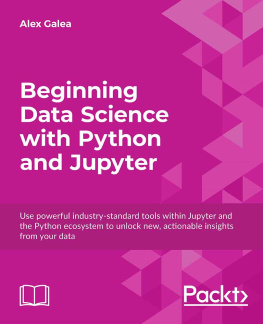
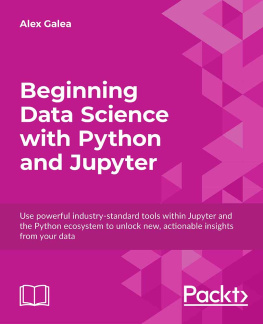
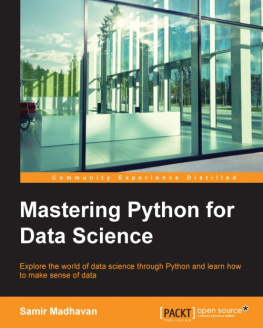
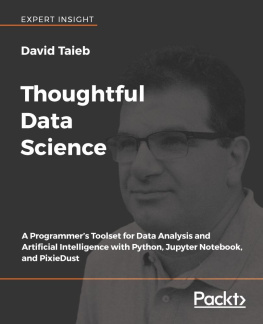
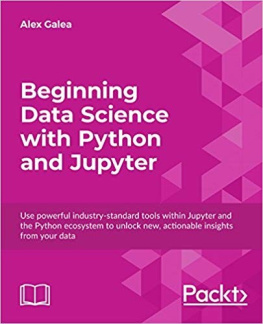
![Dan Toomey [Dan Toomey] - Jupyter for Data Science](/uploads/posts/book/119624/thumbs/dan-toomey-dan-toomey-jupyter-for-data-science.jpg)
